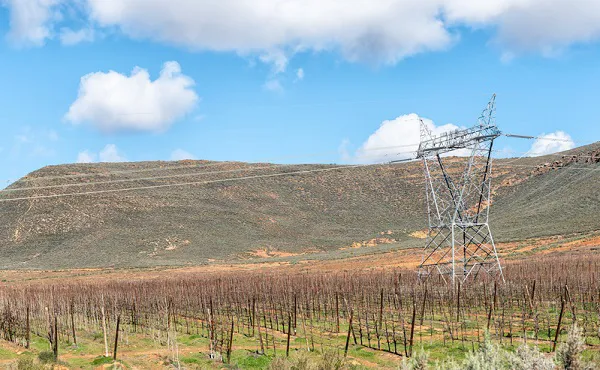South Africans are incredulous that the state-controlled electricity company Eskom is asking for a 32% increase in electricity tariffs while the country is experiencing power cuts for a third of the day (reportedly even longer in some areas).
It is vacillating between stage 5 and stage 6 loadshedding, which is a planned programme of power cuts to reduce pressure from the electricity grid as various coal-powered stations, as well as the country's single nuclear reactor, are experiencing breakdowns.

The leader of the main opposition party this morning released a statement which said: "South Africa is in the midst of an electricity crisis that threatens to derail what is left of our economy and destabilise our society.
And while Eskom’s CEO and COO have finally started to change their language to reflect the true severity of the situation – with words like “catastrophe” now entering their press conference vocabulary – the same cannot be said for President Ramaphosa, Minister Mantashe or Minister Gordhan," John Steenhuizen, leader of the Democratic Alliance, said.
The opposition party proposes the appointment of an independent industry expert to take over energy generation "so that South Africans can benefit from the cheapest and fastest way out of this mess."
Power cuts four times a day
Solar panels have been widely installed in agriculture, but the electricity needs of irrigation pumps and refrigeration equipment exceed what can currently be generated or stored in this way.
A fruit coldstore has told FreshPlaza that it burns through 300 litres of diesel an hour during loadshedding, a retail distribution centre in Gauteng says theirs uses 600 litres an hour. The costs of diesel add up to millions of Rands.
Under the current level of loadshedding, four times a day, totalling 11 hours without power, some packhouses are having to cut back on packing at the moment.
In Gauteng residents have been warned to expect low water pressure as pump stations are affected by the power cuts.
Small businesses are buckling under the loss of income and costs of additional energy measures.
"The reality of the blackouts is like watching an accident unfold in slow motion," remarks Aubrey Masango, a political analyst.
